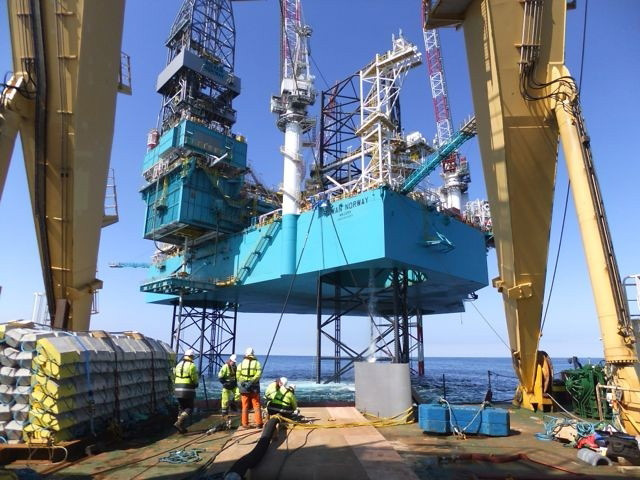
Plans to develop a key North Sea field have been given a boost after the developers struck an agreement on the platform to be used.
Xcite Energy will use Arup’s self-installing steel Ace platform design for the Bentley field after agreeing a memorandum of understanding with Arup and Amec.
The firms said they would work together to optimise the existing Ace platform design for the field, which sits around 85 miles south-east of Shetland, with the agreement helping Xcite determine costs for the overall development.
The announcement comes just days after Xcite secured a memorandum of understanding with Teekay over the floating storage unit for the project.
“We are pleased to be able to announce AMEC and Arup as partners in our development group to progress Bentley towards production,” said Xcite chief executive Rupert Cole.
“Following on from the $250million extended well test, this next phase of engineering will allow us to optimise Arup’s existing Ace platform design for the Bentley field and enable us to refine the costs and related schedule ahead of submitting the field development plan.”
Designs for using the self-installing platform, which has already been successfully deployed in New Zealand, Indonesia and Australia, will be worked on by the three companies ahead of a final contract being agreed.
Xcite said the design – which has been carried out with the aim of making future decommissioning easer – would be able to be towed to the Bentley site and installed with minimal offshore support.
The 250million barrel field could begin production next year, with an estimated 57,000 barrels of oil per day output. Consent to begin first phase development on the project was applied for by Xcite last year, with the company looking for partners on the giant field.
Xcite revealed on Monday it had struck an agreement with the Norwegian shipping firm over a bridge-linked Sevan floating storage and offloading facility for the field, with the firms now looking at front end engineering for the project.
The company said the cylindrical FSO would increase the deck space and reduce flow problems on the field.
Recommended for you
